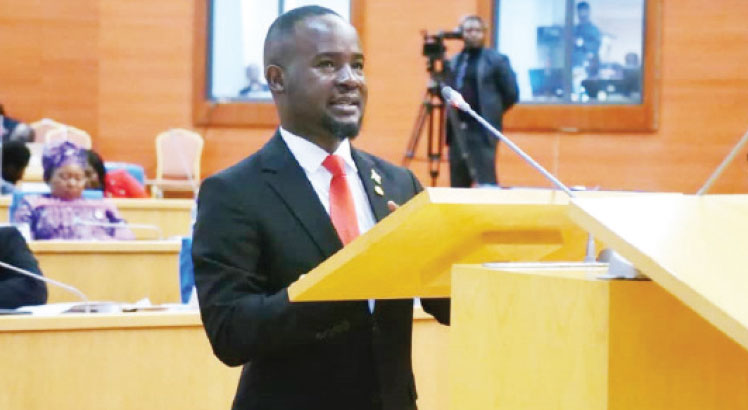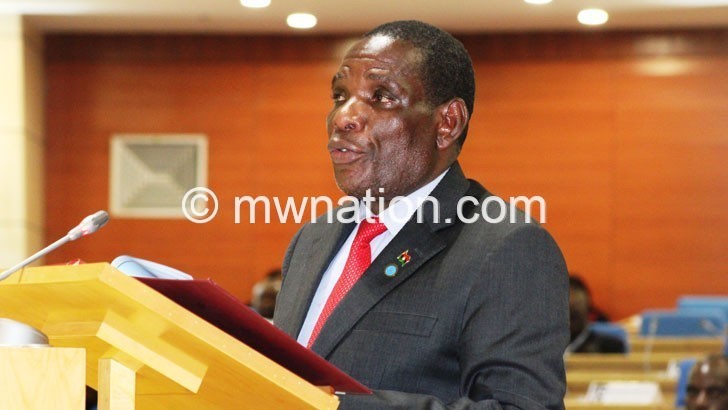IMF sees 2023 average inflation rate at 30.3%
The International Monetary Fund (IMF) has revised Malawi’s average inflation rate for 2023 to 30.3 percent from an earlier projection of 24.8 percent, published data shows.
This means that prices of goods and services will continue to rise at a faster pace than earlier estimated, eating into people’s disposable income.

Currently, Malawi’s year-on-year inflation rate is at 27.8 percent, according to the National Statistical Office, a decline from the 28.6 percent recorded in August 2023.
The revised projection by the global lender of last resort, which comes in the wake of rising prices fuelled by last week’s 44 percent devaluation of the kwacha, is 2.1 percentage points higher than the Reserve Bank of Malawi (RBM) projection of 28.2 percent for this year.
Reacting to the new projection, economist Gilbert Kachamba observed yesterday that the revised inflation forecast necessitates a careful assessment of monetary policy tools by the central bank.
He said: “Adjustments to the policy rate at this time may be considered to align with inflation- targeting objectives and ensure macroeconomic stability in the medium-term.
“Policymakers will likely adopt a comprehensive approach, taking into account both domestic and global economic conditions to navigate the challenges posed by the heightened inflation outlook.”
Faith-based economic think-tank Centre for Social Concern projects officer Kondwani Hara said in an interview yesterday that as the value of the local currency decreases, individuals may find it more challenging to afford imported goods.
He said this could force the central bank to implement a tight monetary policy stance to control inflation and stabilise the currency.
Following easing inflationary pressures, RBM had revised downwards the 2023 inflation projection to 28.2 percent.
This is slightly lower than its earlier projection of 29.5 percent, but far above the central bank’s target of five percent in the medium-term on account of declining global inflation, the expected food relief plan and the impact of monetary policy on the domestic market.
Following the 44 percent kwacha re-alignment last week, Malawi Energy Regulatory Authority (Mera) increased fuel prices with petrol rising by 40.9 percent from K1 746 per litre to K2 530 per litre while diesel increased by 42 percent from K1 920 per litre to K2 734 per litre.
Mera also increased electricity tariffs by 40.92 percent from K123.26 per kilowatt hour (kWh) to K173.70 per kWh.
In an interview on Tuesday, RBM spokesperson Mark Lungu said monetary policy stance will be determined at the next Monetary Policy Committee meeting in January 2024 and that is where new inflation projections will be discussed.
“The 2023 inflation average may not be affected much,” he said.





